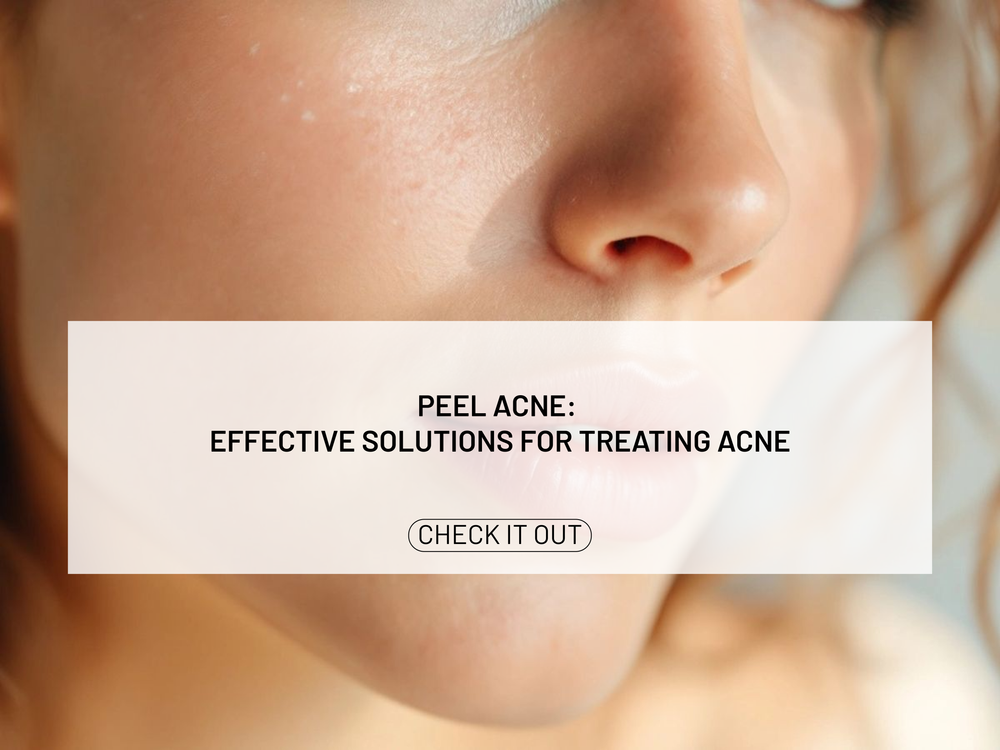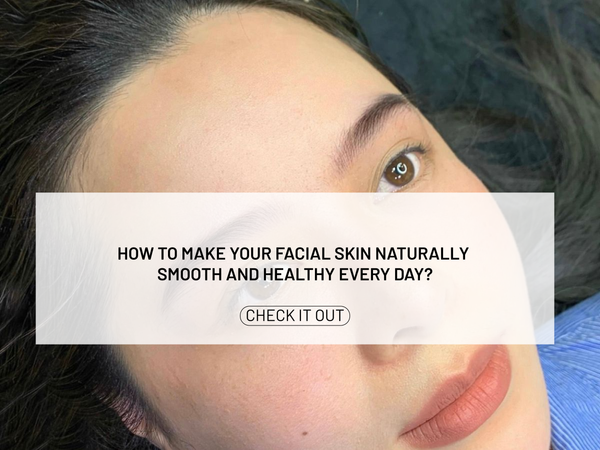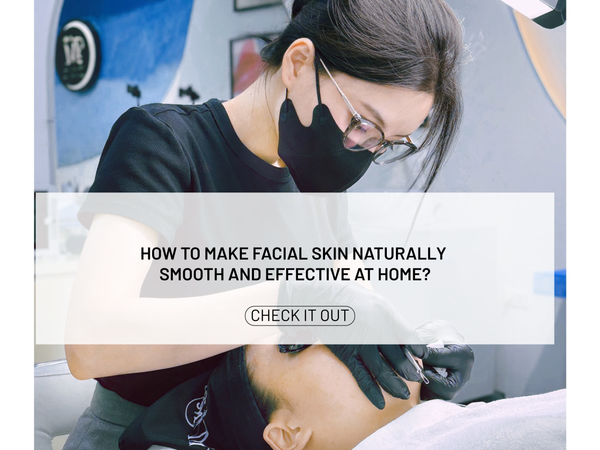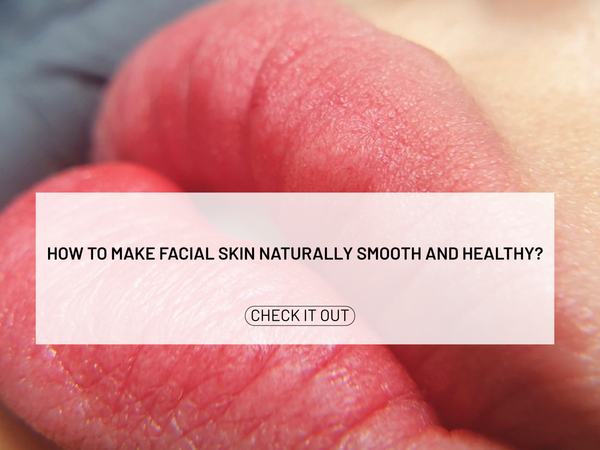Peel Acne: Effective Solutions for Treating Acne
Peeling acne skin is an increasingly popular skincare method that helps improve acne conditions and provides healthy skin. In this article, we will explore the benefits, the process, and important considerations when performing skin peeling.
Main Points
- Skin peeling helps deeply cleanse and effectively reduce acne.
- The skin peeling process requires careful preparation to achieve the best results.
- There are many different types of skin peeling depending on the skin condition.
- It is important to take care of the skin after peeling to avoid irritation.
- Skin peeling is not suitable for all skin types, so it is advisable to consult a specialist.
Benefits of Peeling Acne Skin

Effective Acne Treatment
Peeling acne skin is an effective method for treating acne. We can see that:
- The acids in the peel help deeply cleanse the pores, removing dirt and excess oil.
- Minimizes inflammatory acne and prevents acne recurrence.
- Stimulates the skin regeneration process, making the skin healthier.
Improves Skin Pigmentation
Peeling acne skin not only helps treat acne but also improves skin pigmentation. Specifically:
- Fades acne scars.
- Helps the skin become more even-toned and brighter.
- Enhances the ability to absorb nutrients from skincare products.
Reduces Oiliness and Tightens Pores
One of the standout benefits of peeling acne skin is:
- Reduces excess oil on the skin, making it feel fresher.
- Tightens pores, resulting in smoother skin.
- Improves skin texture, making it softer and more youthful.
Boosts Collagen Production
Peeling acne skin also helps boost collagen production, which means:
- The skin becomes firmer and more elastic.
- Minimizes wrinkles and signs of aging.
- Provides healthier and younger-looking skin.
We can see that peeling acne skin offers many benefits for the skin, helping to improve acne conditions and beautify the skin effectively.
Process of Performing Acne Skin Peeling
Preparation Before Peeling
Before performing skin peeling, we need to prepare thoroughly to ensure safety and effectiveness. The first step is to cleanse the skin to remove dirt and excess oil. The preparation steps include:
- Thoroughly remove makeup.
- Wash the face with a cleanser suitable for your skin type.
- Use toner to balance the skin's pH.
Steps to Perform Peeling
Once prepared, we proceed with the skin peeling steps as follows:
- Protect sensitive areas of the skin with Vaseline or gauze.
- Apply the peeling solution to the cleansed skin surface.
- Leave the solution on the skin for the specified time, usually from 5 to 15 minutes depending on the type of peel.
Post-Peeling Skin Care
After performing the peel, skincare is very important to help the skin recover and achieve the best results:
- Cleanse the skin with cold water to soothe.
- Use moisturizer to hydrate the skin.
- Avoid sun exposure and use sunscreen when going outside.
We need to remember that proper skincare after peeling will help maintain long-lasting results and protect our skin.
Popular Types of Acne Skin Peeling

Superficial Peeling
Superficial peeling is a gentle method, often using acids like AHA to remove dead skin cells from the skin's surface. This method helps brighten the skin and improve uneven skin conditions.
- Quick execution time.
- Suitable for those who are new to peeling.
- No long recovery time needed.
Medium Peeling
Medium peeling penetrates deeper into the epidermis, often using TCA. This method helps improve acne and wrinkles.
- Noticeable results after one treatment.
- Recovery time of 5-7 days.
- Consultation with a specialist is required before performing.
Deep Peeling
Deep peeling is the strongest method, often using high concentrations of TCA. This method helps regenerate skin and effectively treat scars.
- Long recovery time, which can take up to 2 weeks.
- Must be performed by a specialist.
- Suitable for those with serious skin issues like pockmarks or skin aging.
We should also note that choosing the right type of peel for your skin condition is very important. Deep skincare with aqua peeling technology will help bring the best results for our skin!
Important Considerations When Peeling Acne Skin

Considerations Before Peeling
To achieve the best results from the peeling process, we need to pay attention to the following:
- Temporarily stop using exfoliating cosmetics and products that may dry the skin at least 48 hours before peeling.
- If using prescription medications for the skin, discuss with your doctor about any ingredients that may cause side effects.
- Ensure the skin is always adequately hydrated to optimize results after peeling.
Considerations During and After Peeling
The skin peeling process may encounter some unwanted side effects such as skin irritation or post-peel hyperpigmentation. To ensure the safety of the skin, we need to monitor the skin condition daily after peeling and respond quickly to any changes. Here are some important notes:
- Avoid popping pimples after peeling, as the skin will be more sensitive and prone to damage.
- Care for the skin properly after peeling to avoid irritation and redness.
- Avoid using cosmetics containing alcohol, fragrances, or parabens after peeling.
Let’s take good care of our skin together to achieve a radiant beauty!
Comparing Acne Skin Peeling with Other Methods

Acne Skin Peeling and Laser
Acne skin peeling and laser treatments are both effective methods for treating acne, but they have distinct differences. Acne skin peeling uses chemical agents to remove dead skin cells and cleanse the pores, while laser penetrates deep into the skin to treat issues like scars and aging.
- Acne skin peeling:
- Laser:
Acne Skin Peeling and Light Therapy
Light therapy is also a popular option for those with acne issues. Acne skin peeling helps cleanse the skin's surface, while light therapy helps kill acne-causing bacteria and reduce inflammation.
- Acne skin peeling:
- Light therapy:
Acne Skin Peeling and Skincare Products
Daily skincare products also play an important role in treating acne. Acne skin peeling can be seen as a complementary therapy to the skincare routine.
- Acne skin peeling:
- Skincare products:
We need to carefully consider when choosing the treatment method that suits our skin condition.
When to and When Not to Perform Acne Skin Peeling
Indications for Acne Skin Peeling
We should consider performing acne skin peeling when facing the following issues:
- Hidden acne: If the skin frequently has hidden acne, skin peeling can help deeply cleanse and prevent acne.
- Uneven skin tone: When the skin shows signs of uneven tone, skin peeling will help improve this condition.
- Early aging: If you notice signs of aging such as wrinkles, skin peeling can help rejuvenate the skin.
Contraindications for Acne Skin Peeling
However, not everyone is suitable for this method. We need to pay attention to the following cases:
- Sensitive skin: If the skin is prone to irritation, it is advisable to avoid skin peeling to prevent worsening the condition.
- Skin infection: If there are signs of infection, skin peeling may harm the skin.
- Pregnant women: It is advisable to consult a doctor before deciding to peel the skin.
Appropriate Timing for Acne Skin Peeling
We also need to pay attention to the timing of performing skin peeling:
- Winter: Cold weather can help the skin recover better after peeling.
- Before important events: If there is a major event, perform skin peeling a few weeks prior to allow the skin time to recover.
- When the skin is healthy: Ensure the skin is not damaged before performing skin peeling to achieve the best results.
Common Active Ingredients in Acne Skin Peeling
AHA (Alpha Hydroxy Acid)
AHA is a group of water-soluble acids, often extracted from fruits like oranges, lemons, and apples. They help remove dead skin cells and brighten the skin. Some common types of AHA include:
- Citric acid: Extracted from lemons, helps brighten the skin.
- Glycolic acid: Extracted from sugar cane, stimulates collagen production.
- Lactic acid: Extracted from milk, helps hydrate the skin.
BHA (Beta Hydroxy Acid)
BHA, especially Salicylic Acid, is an oil-soluble acid that penetrates deep into the pores. BHA has anti-inflammatory properties and reduces swelling, making it very effective in treating acne. Some benefits of BHA include:
- Helps open clogged pores.
- Kills acne-causing bacteria.
- Controls excess oil on the skin.
Trichloroacetic Acid (TCA)
TCA is an organic acid commonly used in medium and deep peels. TCA helps regenerate new skin structure, improving wrinkles and skin pigmentation. TCA can cause mild burns, so it should be used carefully and under the supervision of a specialist.
We need to remember that choosing the right active ingredient is very important to achieve the best results for our skin!
In treating acne, there are many useful active ingredients that you can use. These ingredients not only help cleanse the skin but also support reducing inflammation and preventing acne recurrence. If you want to learn more about skincare products and services, please visit our website for useful information and free consultations!
Conclusion
Skin peeling is a modern skincare method that offers many benefits for the skin, such as deep cleansing, reducing acne, and improving skin condition. To achieve the best results, you should follow the guidance of specialists and choose a reputable facility to perform the procedure. Remember that skincare does not stop at the peeling treatment but also requires maintaining a daily skincare routine to keep the skin healthy and radiant.
Frequently Asked Questions
What is skin peeling?
Skin peeling is a beauty method that uses chemicals to remove dead skin layers, helping new skin to be healthier.
Is skin peeling safe?
If done correctly and at a reputable facility, skin peeling is very safe for the skin.
Can I peel my skin at home?
Peeling skin at home can be dangerous. It is advisable to consult a specialist before doing so.
Does skin peeling hurt?
The skin peeling process may cause a slight tingling sensation, but it is not painful.
What should I pay attention to after skin peeling?
It is important to take good care of the skin, avoid sun exposure, and use moisturizer for proper recovery.
Does skin peeling have long-lasting effects?
The effects of skin peeling usually last from 2 to 4 months, depending on the post-care routine.



